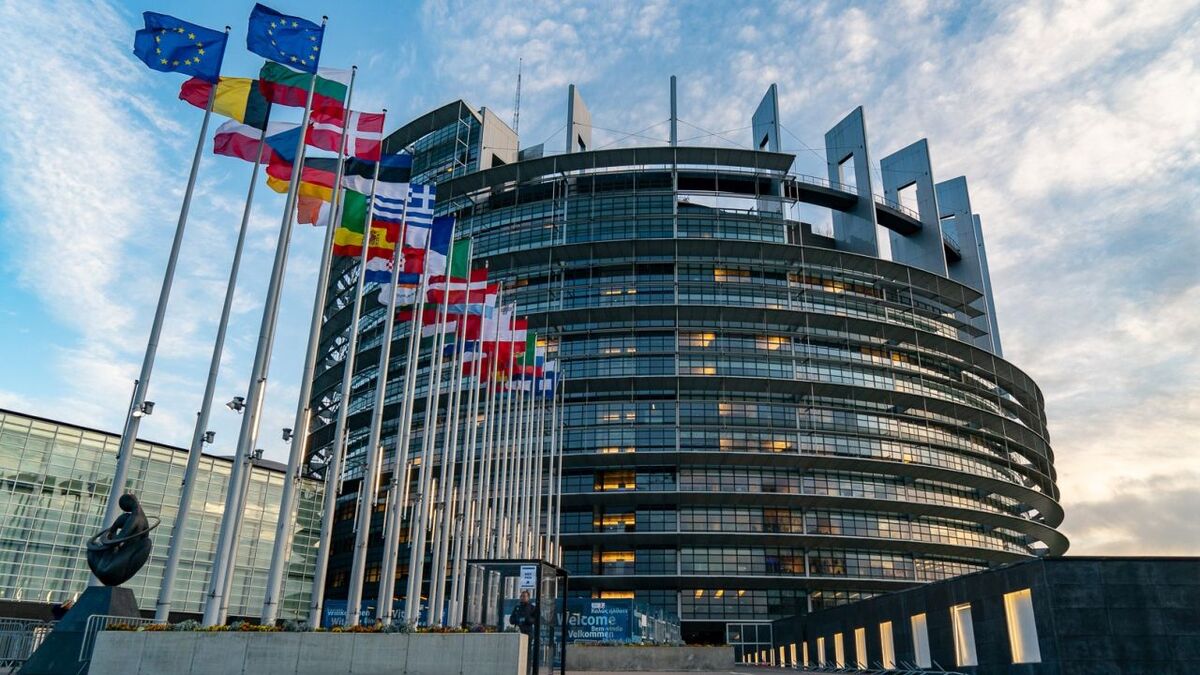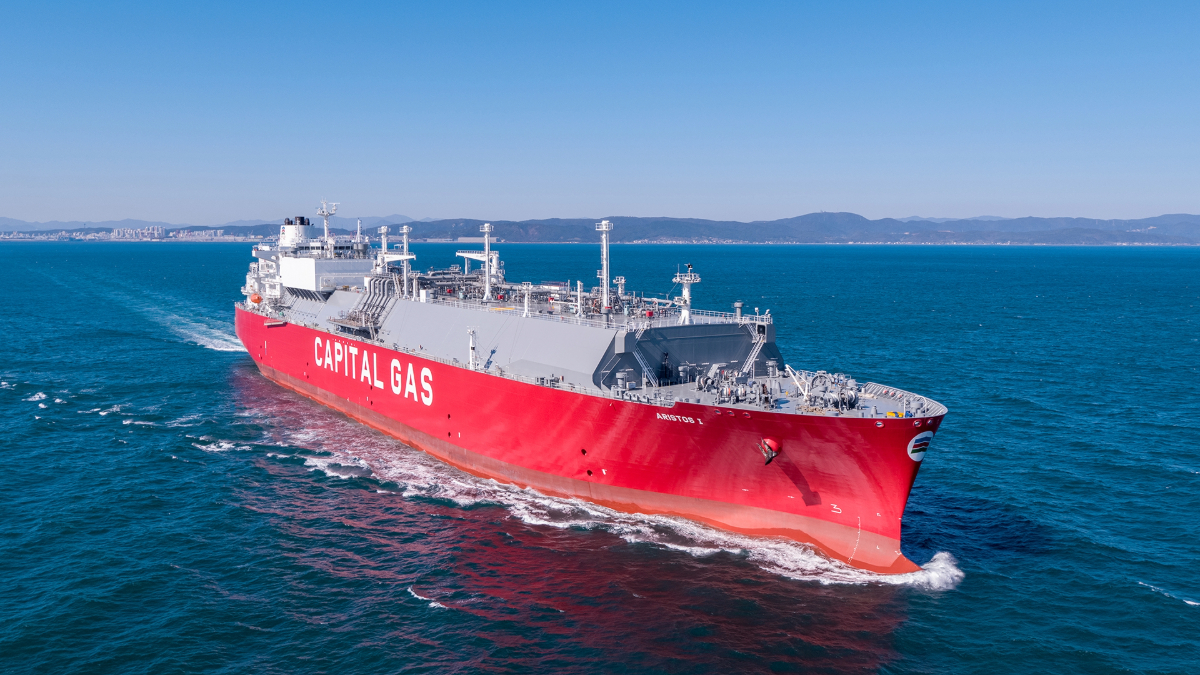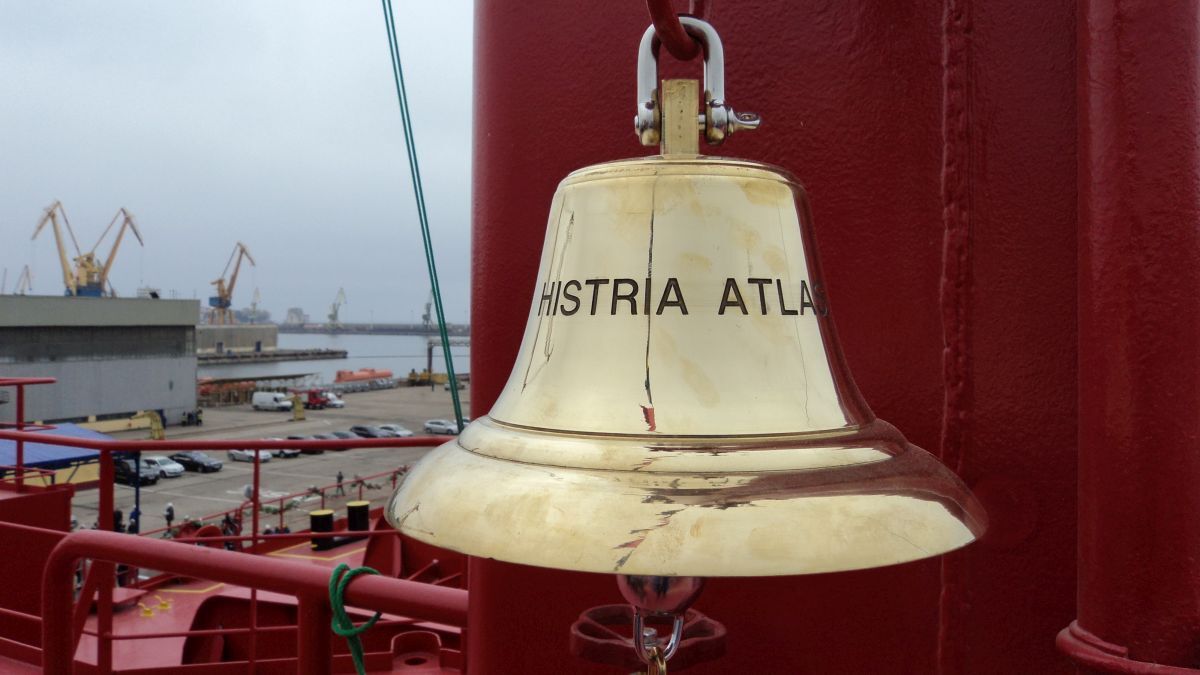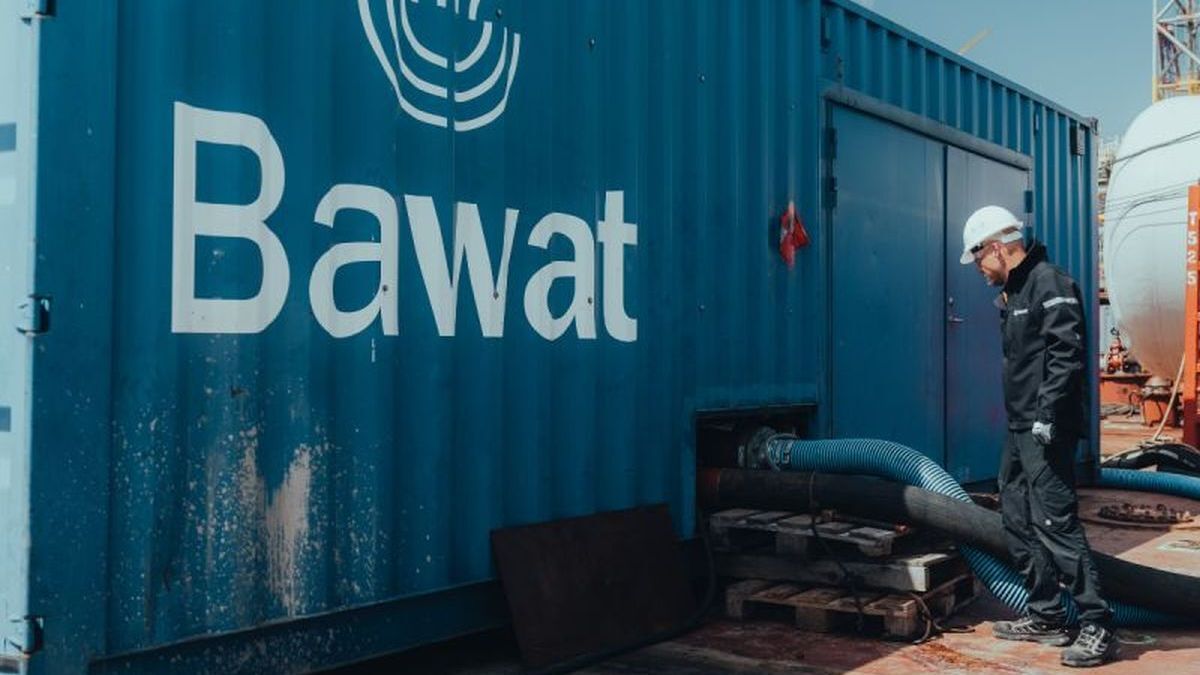Business Sectors
Contents
Register to read more articles.
Why STS is attracting the wrong kind of players
DYNAMARINe CEO, Dr Alexandros Glykas, warns how new regional ship-to-ship operators are impacting established global providers
Bringing two vessels together at sea in a ship-to-ship (STS) operation need not be high-risk, if established guidelines and procedures are followed and the correct equipment for the location and conditions are employed.
Dr Alexandros Glykas, CEO of STS service provider auditing company, DYNAMARINe, says that in contrast to other operations involving significant third-party risks, the STS business model has a unique feature - charterers and cargo owners bear the costs and select the STS provider, while tanker operators execute the operation and assume liability for safety (despite having limited or no control over the selection of the third-party service providers).
“Flag States are urged to enforce measures that lawfully prohibit or regulate ship-to-ship transfers”
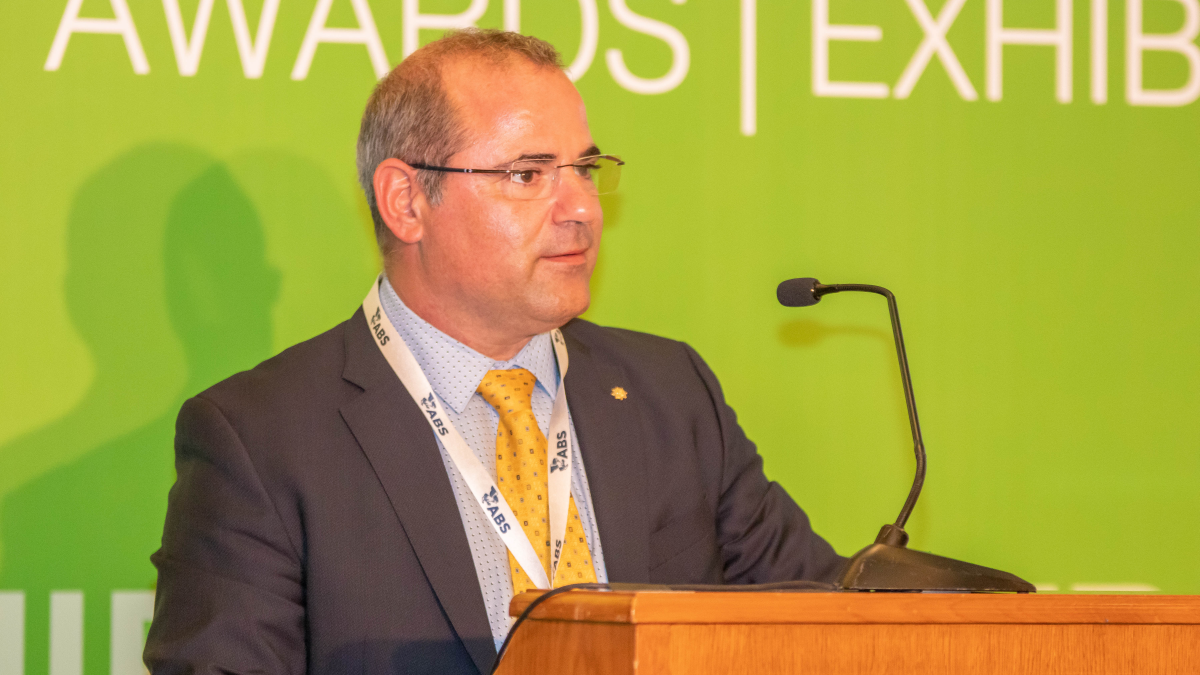
Furthermore, STS service providers are not regulated by international law; their performance and standards are primarily assessed by users, usually the Master of the daughter’s vessel, during an STS operation. If the Master of a ship raises concerns over the service provider, the latter has the option to respond with counter-arguments based on industry standards, or use the feedback as an opportunity for improvement. For this reason, a verified safety management system (SMS) by an independent organisation is crucial, says Dr Glykas.
Analysis of STS data by DYNAMARINe shows global STS service providers saw their share of operations decline from 2020 to 2022, while local providers saw their share increase.
“Reputational risks prevent STS providers from entering the high-risk environment of the Dark Fleet”
DYNAMRINe says over the last two years local and regional STS providers have benefitted from sanctions and unfair competition from local providers which provide substandard practices.
It is a cascade effect: when an oil major pulls out of a location due to reputational risks, smaller traders enter and commission local or regional STS service providers. DYNAMARINe says global service providers have withdrawn from traditional markets, such as Malta, Denmark, Ceuta, Limassol, West Africa, and Tanjung Pelepas. It says those global players have been replaced with smaller organisations “with an obvious lack of safety standards, evidenced by their unverified management systems or past performance assessments.”
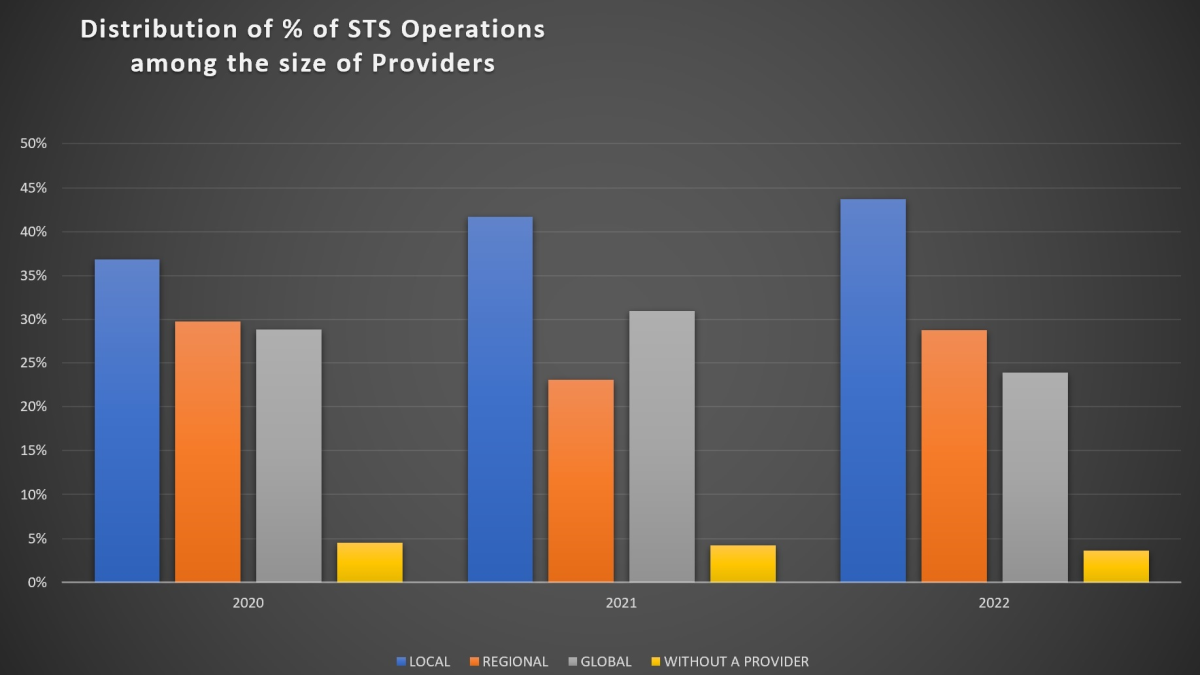
Reputational risks and sanctions prevent the oil majors and global STS service providers from entering the high-risk environment of the so-called ‘Dark Fleet’, which serves the movement of sanctioned crude oil and oil products. Says Dr Glykas: “With more local providers with unverified or non-existent SMS, contracted by traders with a prompt interest in the cargo transfer, the safety of STS operations depends solely on the Master and the procedures of the tanker operator. But is this enough? Are all tanker operators equally prudent over STS matters?”
IMO and EU clamp down on STS
The rise of the Dark Fleet and its use of STS, and the resulting potential for environmental damage, was noted at the last Marine Environment Protection Committee (MEPC) meeting in July 2023. MEPC 80 proposed an Assembly resolution to raise awareness of potential environmental risks. The document proposed a draft Assembly resolution to encourage action, including enhanced monitoring of such operations.
The legal implications of the Dark Fleet and STS were also discussed at IMO Legal Committee, 110th session, (LEG 110) in March 2023.
LEG 110 urged Flag States to enforce measures that lawfully prohibited or regulated STS transfers, upholding the spirit of safety requirements in IMO conventions. It also requested Flag States consider requiring vessels to update their STS operations manuals, including notifying the Flag State during mid-ocean operations.
Additionally, Port States were urged to enforce safety and liability conventions and ensure that STS transfer operations adhered to applicable safety requirements in IMO conventions. In the event of vessels "going dark", Port States were encouraged to conduct enhanced inspections and notify the respective vessel’s flag administration.
The MEPC 80 draft resolution and the LEG 110 resolution will go forward to the next full IMO Assembly (27 November to 6 December 2023), led by the Spanish delegation.
It was Spain which was instrumental in adding STS to the EU’s 11th round of sanctions, announced in June 2023. This included a port ban on tankers engaging in STS oil transfers, or ’going dark’.
Citing a “sharp increase of deceptive practices by vessels transporting crude oil and petroleum products,” the Council has decided to prohibit access to EU ports and locks to any vessels that engage in STS transfers, if authorities have reasonable cause to suspect the vessel is either in breach of the ban on importing seaborne Russian crude and petroleum products into the EU, or is transporting these products purchased above the price cap agreed upon by the EU.
The EU prohibition will also apply where authorities suspect vessels of switching off or otherwise disabling their navigation systems, when transporting Russian crude and petroleum products.
Related to this Story
Events
Offshore Wind Webinar Week
Maritime Decarbonisation, Europe: Conference, Awards & Exhibition 2025
Offshore Support Journal Conference, Americas 2025
© 2024 Riviera Maritime Media Ltd.


